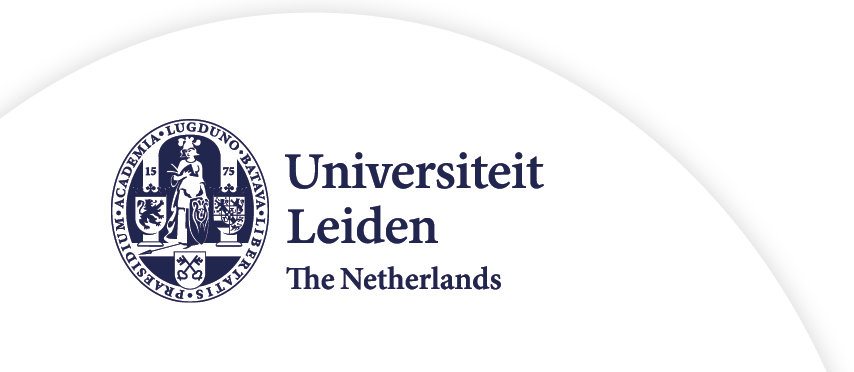
City by the sea
Are you more of a city person? Or more inclined to seek out nature? Why choose between city and beach, when The Hague offers both? You can smell the sea from the heart of the historic city centre. The Hague has eleven kilometres of sandy beach within cycling distance of the city centre. Take in a breath of fresh air, jump on a surfboard or find a spot to relax at one of the more than seventy beach pavilions along the boulevard. This is the perfect place to take a breather with your new-found friends from around the world.












